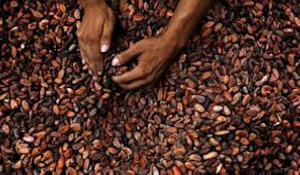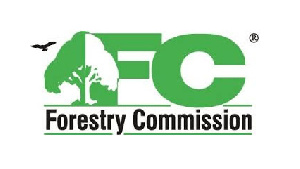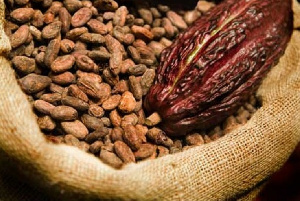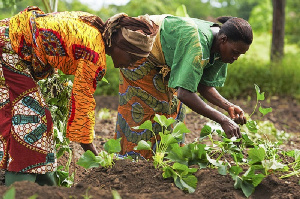EU alleges suspected fraud in local pineapple exports

The European Union (EU) has expressed suspicions of fraud in local pineapples exported from Ghana to the European market.
In its January 2024 Report on EU Agri-Food Fraud Suspicions, local pineapple exports from the country to Belgium are alleged to contain an overdose of ethephon.
Ethephon is a plant growth regulator used to promote fruit ripening, coloration, abscission, flower induction, and other responses, including high yields.
Imported pineapples with non-European origins are subject to a legal residue limit. The maximum residue limit for ethephon on pineapples in Europe is 2.0 mg/kg; however, those from Ghana were detected to contain 2.4 mg/kg of the acid.
The document explained that the purpose of the EU Agri-Food Fraud Suspicions’ monthly report is to implement an official regulation that requires the organization of risk-based controls to identify and combat fraudulent and deceptive practices along the agri-food chains in the EU.
The report noted that it is also very critical to provide valuable but selected information to stakeholders of the agri-food sector in the EU so that they can perform adequate vulnerability assessments and identify new emerging risks.
In Ghana, the pineapple industry is the most developed horticultural sector. Pineapple is a non-traditional export crop grown mainly in the Greater Accra, Central, Eastern, and Volta Regions.
The fruit is mainly cultivated by smallholder farmers and is estimated to have contributed more than sixty percent of Ghana’s non-traditional exports value, generating some twenty thousand jobs nationwide.
Local pineapple production, according to stakeholders, is currently undergoing several constraints. Some challenges currently affecting production include pests and diseases (mealybug wilt disease, Phytophthora, soil pests), weeds, soil fertility, harvesting and post-harvest handling methods, as well as environmental degradation.
Given its challenges, any risk of an EU ban for the local industry will certainly jeopardize jobs and investments made.
The EU had previously banned fruit exports from Ghana in 2018, a prohibition that was lifted in 2021. The ban was due to quality and standards issues.
The ban’s lifting three years ago encouraged farmers to invest more in their farms to participate in export trade with the bloc.
Apart from mentioning Ghana in the report, other countries on the continent—such as Egypt, Uganda, Senegal, and including some Western countries—were noted for various infractions.
For instance, oranges and strawberries produced in Egypt were noted in the report as not meeting EU production requirements.
Source: thebftonline.com





